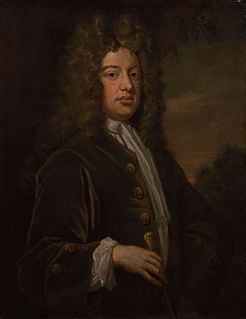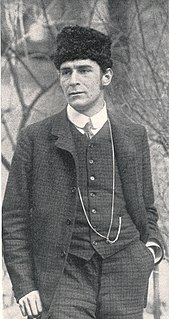A Quote by William Walsh
Patrick White is a strongly individual, richly gifted, original and highly significant writer whose powers are remarkable and whose achievement is large. His art is dense, poetic, and image-ridden. It is always a substantial and genuine thing. At its finest it is one which goes beyond an art of mere appearances to one of mysterious actuality.
Related Quotes
Pity the nation whose statesman is a fox, whose philosopher is a juggler, and whose art is the art of patching and mimicking. Pity the nation that welcomes its new ruler with trumpetings, and farewells him with hootings, only to welcome another ruler with trumpetings again. Pity the nation whose sages are dumb with years and whose strong men are yet in the cradle. Pity the nation divided into fragments, each fragment deeming itself a nation.
But art not only exploits the variety of appearances, it also affirms the validity of individual outlook and thereby admits a further dimension of variety. Since the shapes of art do not primarily bear witness to the objective nature of the things for which they stand, they can reflect individual interpretation and invention.
I respect not his labors, his farm where everything has its price, who would carry the landscape, who would carry his God, to market, if he could get anything for him; who goes to market for his god as it is; on whose farm nothing grows free, whose fields bear no crops, whose meadows no flowers, whose trees no fruits, but dollars.
It is possible that an individual may be successful, largely because he conserves all his powers for individual achievement and does not put any of his energy into the training which will give him the ability to act with others. The individual acts promptly, and we are dazzled by his success while only dimly conscious of the inadequacy of his code.
It may be said that myths give to the transcendent reality an immanent, this-worldly objectivity. Myths speak about gods and demons as powers on which man knows himself to be dependent, powers whose favors he needs, powers whose wrath he fears. Myths express the knowledge that man is not master of the world and his life, that the world within which he lives is full of riddles and mysteries and that human life also is full of riddles and mysteries.
I call worldly or earthly those whose minds and hearts are fixed on a tiny portion of this world they live in, which is our earth; who respect and love nothing beyond it: people as limited as what they call their property or their estate, which can be measured, whose acres can be counted, whose boundaries can be shown.






































